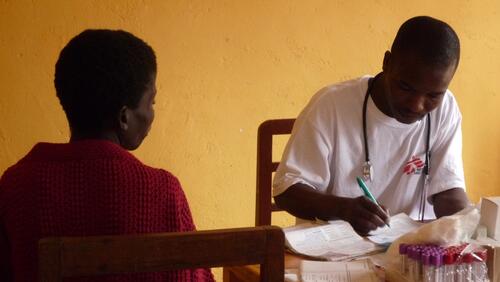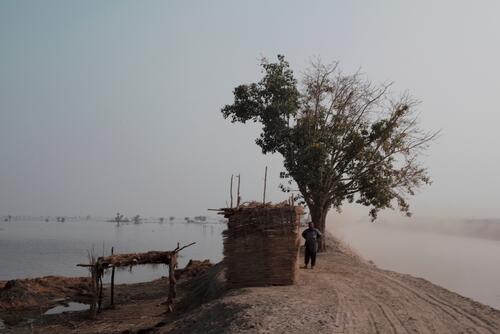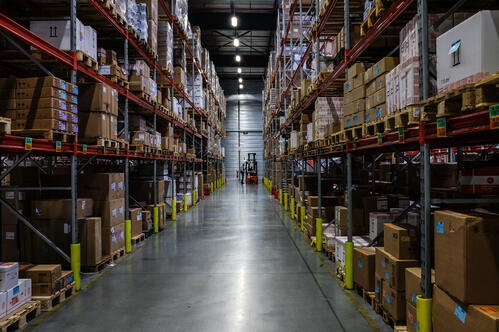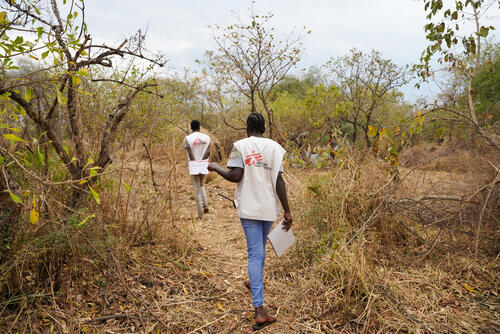Discover all our latest news, stories and publications. Use the filter to get to the content you're looking for.

Yassin, 67, 'Life... which life do you mean?'

MSF team in Libya trying to reach areas affected by violence

Mobile medical response for tens of thousands of Ivory Coast refugees near the border in Liberia

Precarious living conditions make daily life a struggle

Cholera cases declining in Haiti but vigilance continues

Pneumoccal vaccine is launched in Africa

MSF response to civil unrest in Arab countries

How MSF decides to open a new project

Reaching out to populations trapped by conflict in Congo

MSF has not been expelled from Darfur

Ten years ago, MSF launched ARV treatment for its HIV/AIDS patients

10 years: New challenges ahead

'If I am here to talk to you today, that's because I am receiving treatment'

MSF provides urgent assistance in response to clashes in southern Sudan

Fighting kala azar in southern Sudan

Clashes displace thousands of people in Darfur

I live in hell and all I see is nightmares

Pakistan: Six months after the floods

Establishing long-term mental health care in flood-affected areas in Brazil

Niger between two seasons of hunger

Letter from the field: Satisfactions and sadness in Niger's intensive care malnutrition centres

Survival migrants try to improve their living conditions

One year after the Haiti earthquake

Civilians bearing brunt of increased violence and insecurity in eastern Democratic Republic of Congo says MSF

How we deliver medical humanitarian assistance
Everywhere we work, the circumstances are unique. Nonetheless, our programmes generally follow a common set of practices designed to make sure our resources and expertise are used to maximum effect.



